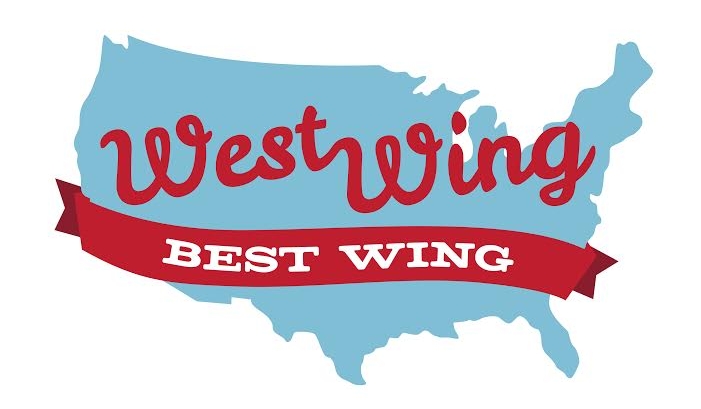Standing Up (And Kneeling) For What's Right
I talk about Sandy Koufax a lot for someone who isn't Jewish and isn't a particularly big Dodgers fan. Every time Yom Kippur (or the World Series) rolls around, I find some new person to wildly discuss the story of what I consider the most courageous acts in baseball.
Jewish readers (Shana Tova to you all) or Dodgers fans (hi dad) can skip this next part, but for the rest of you, allow me to paint you a picture.
It's October 6th, 1965. It's game one of the world series, Los Angeles Dodgers against the Minnesota Twins. Sandy Koufax was the pitcher for the Dodgers, and had just a month prior pitched a perfect game, becoming the eighth person in baseball history to do so. Sandy Koufax is a big deal, and him pitching could mean the difference between a win and a loss in a world series game. But October 6th is also Yom Kippur, the Jewish Day of Atonement when most Jewish people fast and spend the entire day in services. Either Koufax pitches in game one, turning his back on his Jewish heritage, or he sits the game out, likely drawing ire from fans.
HE PITCHED A PERFECT GAME! HE WAS THE DODGERS WEAPON! AND HE SAT OUT!
Koufax chose to sit out. The Dodgers lost Game One, though they won the series. And boy! Did Sandy Koufax draw ire from Dodgers fans. But at the same time, he became a role model for Jewish people across the nation, and remains a role model today.
I've been thinking a lot about this not just because Yom Kippur is tomorrow, and I told my co-worker he could "pull a Sandy Koufax" if he wanted me to cover his weekend shifts, but also because of the recent NFL protests.
Last year, 49ers Quarterback Colin Kaepernick started sitting and kneeling during the pre-game national anthem. As Kaepernick explained "I am not going to stand up to show pride in a flag for a country that oppresses black people and people of color." This protest inspired athletes around the country, and unfortunately led to Kaepernick losing his job.
To editorialize, the 49ers can't really afford to be letting a good quarterback go, but I guess they want to continue their 22 year Superbowl Losing Streak. I can't pretend to know why sportspeople do what they do.
After comments from President Trump where he said that NFL owners should fire players who didn't stand for the anthem, and using profanity, many NFL teams made the decision last weekend to either skip the anthem, lock arms and stand during the anthem, or kneel. Some teams knelt in larger groups than others, with the Dallas Cowboys (and their Trump supporting owner) being a particular standout, with all players, and Trump supporting owner Jerry Jones, taking a knee. And if I am stooping to praise the Cowboys, you know it's impressive.
As important as collective solidarity is, I am less interested in whole teams taking a knee, and more interested in the courage it takes one person to take a knee alone. Because whenever I see someone commit an act of great courage, I wonder "would I do that, in the same situation?"
In the case of kneeling for the national anthem, the question is not "would I" but "will I." Because I go to a lot of events where the national anthem is played. Next time I'm at a professional baseball game, or a school graduation, or a political event, will I have the courage to take a knee, most likely alone?
Looking at it objectively, I should. I have far less to lose than Sandy Koufax and Colin Kaepernick did when they took their heroic stands. Literally no one in the world will care if I kneel during the anthem at a baseball game. Not many people will care if I sit or kneel during one of the many school graduations I find myself at every year, or the political events I find myself at where the anthem is played. And even though I know I face fewer consequences, I fear that the next time the anthem is played at an elementary school graduation, I will stand, and place my hand over my heart along with everyone else.
And suppress the urge to yell out "PLAY BALL" at the end of the anthem, but that's always been the case.
This isn't to say that I'm amoral, or secretly don't care about police brutality. It's more of an honest accounting of my moral failures, and an admission that with everything on the line, I cannot be certain that I would do the right thing.
I'm not Jewish, but every Yom Kippur, I tell the story of Sandy Koufax to remind myself of someone who did the right thing, even when he had everything to lose. Next year, I will also tell the story of Colin Kaepernick, who did the same, over fifty years later. And every year that I ruminate on these stories, I hope I will grow as a person until someday, I will have the courage and the moral fortitude to stand alone and do the right thing, even if it means great personal loss.



